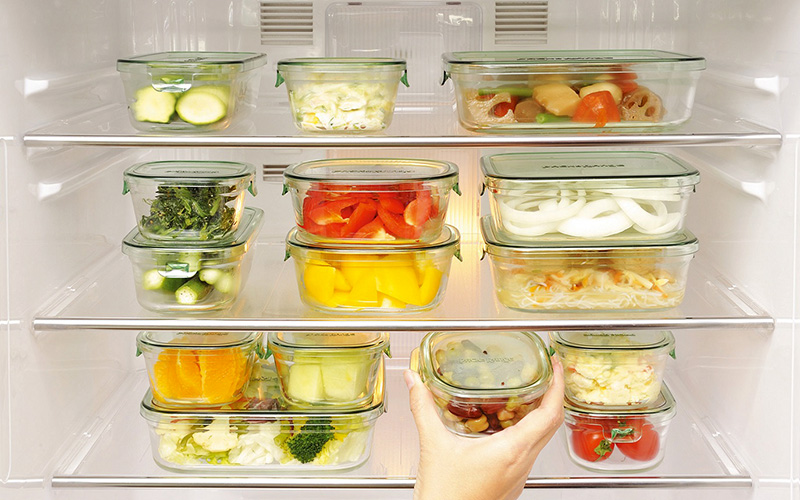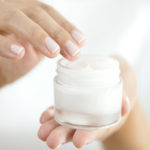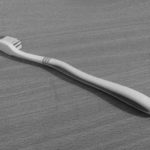The topic of whether it is necessary to cool food completely before storing it in the refrigerator has been widely discussed on social media platforms. Many people adhere to the practice of waiting until their food is completely cooled before placing it in the refrigerator as a means of preserving its freshness. However, there are differing opinions that argue that it is not essential to fully cool food prior to refrigeration.
There is a question about whether it is appropriate to put completely cooled food in the refrigerator. This article aims to provide a definitive answer to this query. Read further to gain a better understanding of the topic and learn more about the subject at hand.
Should Cooled Food Be Refrigerated?

Is it right or wrong to put completely cooled food in the refrigerator?
Many people have the habit of allowing food to cool completely before refrigerating it for preservation. However, it is important to note that this practice can have an impact on your health. Do not compromise your health out of fear that the refrigerator may unexpectedly malfunction.
According to health experts at the University of Birmingham in the United Kingdom, when food is cooked, it reaches a temperature of 100 degrees Celsius, rendering it largely safe for consumption. However, as the temperature gradually drops to 60 degrees Celsius, bacteria begin to develop and can contaminate the food once again.
The optimal temperature range for bacterial growth is between 30 and 40 degrees Celsius, when it is relatively cool. Bacteria truly enter a state of hibernation when exposed to temperatures below 7 degrees Celsius.
It is no longer effective to put completely cooled food in the refrigerator for preservation. In fact, this practice can be harmful to your health as bacteria have already developed while you wait for the food to cool.
There is no need to worry about placing warm food in the refrigerator as it will not overburden the appliance or increase the risk of damage. For instance, when placing food that is around 70 – 80 degrees Celsius in a refrigerator set at 5 degrees Celsius, the refrigerator will simply work to cool down the food to a temperature of 65 – 75 degrees Celsius. This energy expenditure is similar to what the refrigerator would require when cooling 3 portions of pre-cooled food.
It is not advisable to place fully cooled food in the refrigerator.
Reference: What is the correct way to refer to?
“Tips for Storing Food in the Refrigerator”

One of the most effective methods for preserving food is to allow it to cool to approximately 70-80 degrees Celsius, which typically takes around 10-15 minutes. By doing so, the food’s nutrients will be safeguarded, and the risk of bacterial contamination will be reduced. It is advisable to refrigerate the food after this cooling period to maintain its freshness for longer.
To ensure optimal storage conditions, it is recommended to place the food in a sealed container equipped with a lid before refrigerating. This precautionary measure prevents the escape of hot air, safeguarding the refrigerator against potential damage and preventing cross-contamination with other food items.
If there is a large amount of food, it is recommended to divide it into smaller containers to assist the refrigerator in cooling more efficiently.
Just as with cooled food, it is not advisable to place hot food directly in the refrigerator. Doing so can cause the refrigerator to run at a higher capacity, leading to increased energy consumption and a shorter lifespan.
Thank you for taking the time to read this information. We trust that the insights shared above have given you a clear understanding of whether it is advisable to store fully cooled food in the refrigerator. Our aim is to provide helpful guidance on proper and safe food preservation, ensuring your well-being.
Health Benefits of Drinking Water of Different pH Levels’>Understanding the Health Benefits of Drinking Water of Different pH Levels
More Useful Advice for Homemakers (Part 2)
Have you heard of the surprisingly easy tips to make cooking and household chores simpler? White radish eliminates the acrid taste of salted meat, adding alum to raw shrimp helps soften it, and adding cold water when frying eggs can make them crispy – these are just a few of the tricks to make your life easier.


































